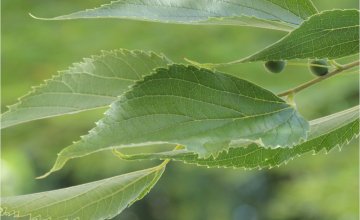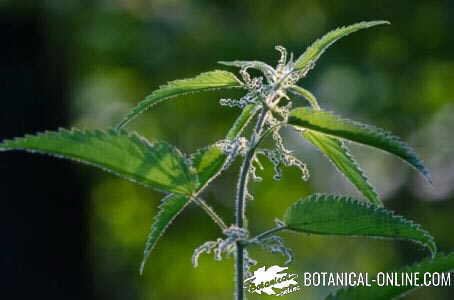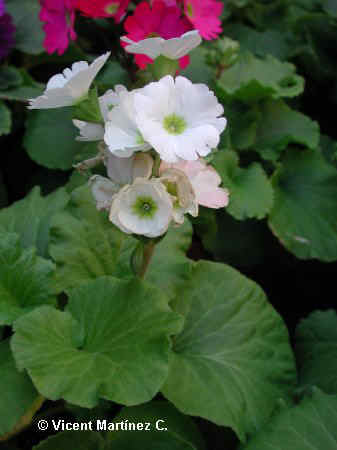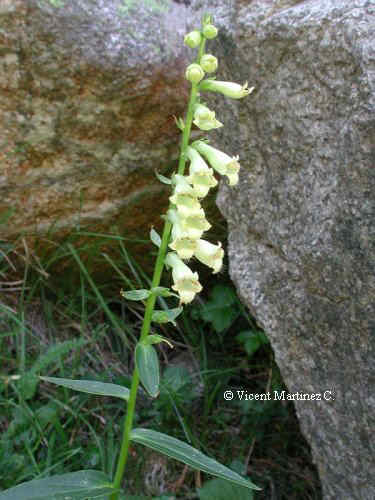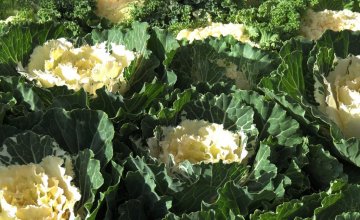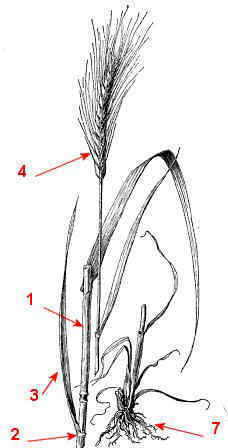How to treat hypermetropia with natural products
Phytotherapy. Herbal remedies for hypermetropia
Phytotherapy in the treatment of hypermetropia involves using a number of plants that aim to:
- Protect eye cells
- Improve circulation to the eyes
- Reduce eye strain.
Its use can help stop the progression of hypermetropia or delay its onset.
Home remedies for hypermetropia or farsightedness
Among them we mention the following:
Internal preparations to treat hypermetropia
- Nettle (Urtica dioica) In can improve blood circulation, so it helps facilitate the arrival of components suitable for eye health. Besides, it also posses anti-inflammatory properties that are very adequate to reduce eye strain in eye conditions such as hypermetropia. (Infusion of a teaspoonful per cup of water. Drink 2 cups daily.)
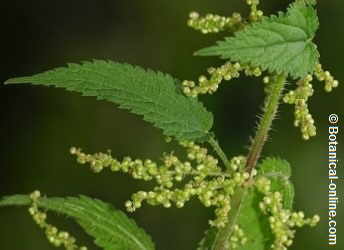
- Carrot (Daucus carota) They are rich in vitamin A in the form of beta carotene with antioxidant properties to protect eye health. (Take carrot juice)

- Bilberry (Vaccinium myrtillus) It can help reduce the strain because of its anti-inflammatory effects on eye capillaries. (Infusion of a teaspoonful of dried plant per cup of water. Three cups a day) (Eat blueberries jam)

External preparations to treat hypermetropia
- Horsetail (Equisetum arvense) It also has anti-inflammatory properties, it is adequate to reduce eye strain in eye conditions such as glaucoma or delay the onset of myopia and hypermetropia or prevent vision deterioration. (Make eye baths with towels soaked in the liquid from the decoction for 10 minutes of 100 grams of dried plant in a liter of water)
- Eyebright (Euphrasia officinalis) It can clean your eyes and relax them form irritation (Apply a compress soaked with the liquid from the infusion of a spoonful of dried plant per cup of water) (Eye drops from this plant are available in pharmacies and herbalists’. They must be applied to the eyes according to the patients leaflet)
- Nettle (Urtica dioica) (Decoction of 60 g of dried plant per liter of water. Apply a wet towel over your eyes)
- Chamomile (Matricaria chamomilla) It is particularly suitable as a natural eye drops (15-minute infusion of a spoonful of dry flowers in a cup of water. Moisten a cloth and apply over eyes) (Do not administer in case of allergic conjunctivitis or hay fever)
Supplements for hypermetropia
Vitamins and minerals for hypermetropia
The use of certain minerals or vitamins can help slow the onset of farsightedness or diminish its worsening. The ingestion of these supplements, supervised by an ophthalmologist, may be complementary to conventional treatment. Among all of them, we could mention the following:
- Vitamin A supplements for hypermetropia: Vitamin A is essential for vision. Deficiency of this vitamin may even lead to total blindness. Its antioxidant power is very interesting to keep your eyes in good condition, preventing diseases such as loss of vision, night blindness, cataracts or glaucoma. It also helps the eyes to overcome bacterial infections such as conjunctivitis. (See more information in the study of vitamin A to know about the correct dosage and its potential toxicity)
- Vitamin B supplements for hypermetropia: Vitamin B deficiency can lead to eyes muscles weakness, especially in case of thiamin (Vitamin B1) insufficiency.
- Zinc supplements for hypermetropia: Zinc helps vitamin A to act.
- Supplements of bioflavonoids for hypermetropia: They exert an antioxidant function and therefore they can help maintain your vision in good condition.
Other natural treatments for hypermetropia
Among all of them, we could mention the following:
- Diet: A proper diet can help improve eye health or prevent its deterioration.
- Eye exercises: These are a series of exercises designed to retrain the muscles of the eyes to help focus correctly.
- Bates Method: Eye training exercises.
![]() More information on hypermetropia
More information on hypermetropia

